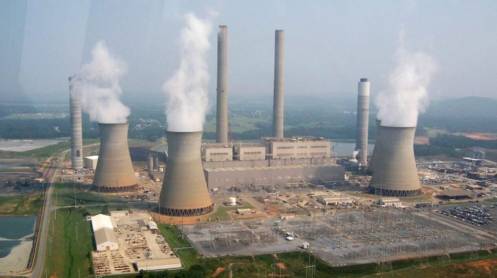ISLAMABAD: Finance Minister Mohammad Aurangzeb has reiterated Pakistan’s commitment to the International Monetary Fund (IMF) by affirming the discontinuation of gas supply to captive power plants (CPPs), a promise made under the 2021 IMF agreement but left unimplemented by the previous government.
During a heated Senate panel session, the finance minister emphasized that failing to honor the 2021 commitment had eroded the trust of the IMF. He assured that the current government would implement the IMF program without compromise, prioritizing macroeconomic stability over short-term growth ambitions. “The IMF program will be pursued in its true letter and spirit,” Aurangzeb stated, while linking the Uraan Pakistan initiative to broader economic reforms.
A sharp exchange ensued between the minister and PTI senators, including Shibli Faraz and Mohsin Aziz, who questioned the accountability of governments that had ruled for decades and contributed to systemic challenges. Responding, Aurangzeb referenced Dr. Ishrat Hussain’s institutional reforms and stressed the need for a consensus-driven Charter of Economy.
Economic Updates and SBP Insights
The Senate panel also discussed key economic challenges, including the delayed appointment of the CEO for EXIM Bank. The SBP Governor highlighted a transition plan to phase out the export refinance scheme and allocate Rs 1 trillion through commercial banks.
Inflation is projected to rise slightly in the second half of FY2025 due to energy price adjustments. However, a reduction in the policy rate from 22% to 13% has already decreased debt servicing by Rs 1.3 trillion, aiding fiscal deficit management.
The current account recorded a $900 million surplus, with the deficit expected to remain between 0.1% and 1% of GDP. Non-oil imports surged, signaling an uptick in economic activity. Real GDP growth for FY2025 is projected at 2.5-3%, slightly below the official target of 3.5%.
Aurangzeb called for collective accountability and reforms, urging policymakers to prioritize long-term economic stability over political divisions.
Story by Mehtab Haider







